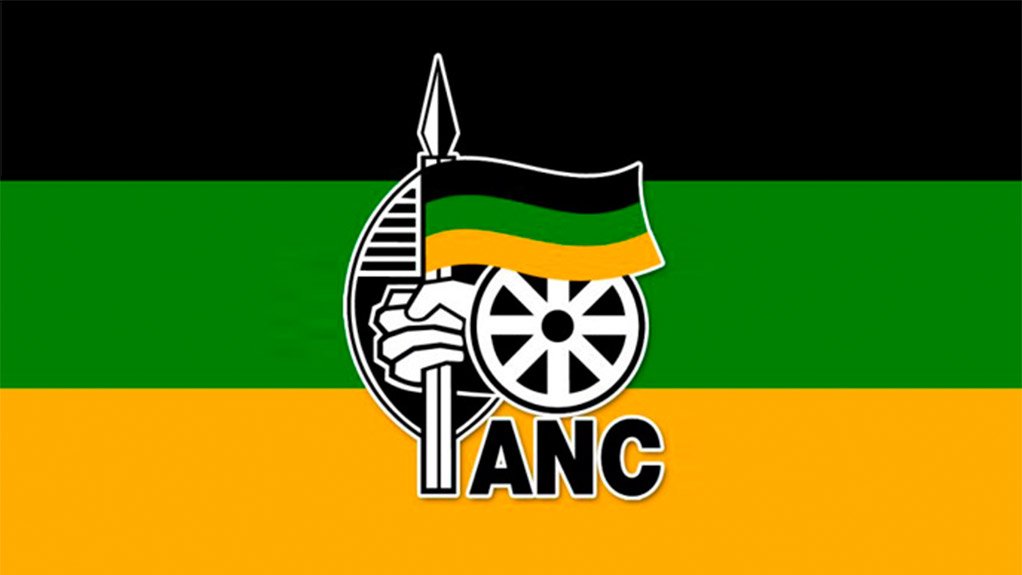South Africans will vote on Wednesday with widespread anger over power cuts, joblessness and corruption threatening to end the dominance of the African National Congress (ANC), thirty years after Nelson Mandela led it into power.
At no point since world media beamed iconic images of Black South African voters queueing to cast ballots for the first time following the end of white-minority rule has the ANC looked so likely to lose its parliamentary majority.
Polls suggest the ANC's share of the vote could fall as low as 40%, compared with 57.5% in 2019, which would force the party into a wobbly coalition with rivals - and potentially expose President Cyril Ramaphosa to a leadership challenge.
Yet a survey released earlier this week by Afrobarometer suggested a third of voters were undecided, making this poll the most unpredictable in South Africa's democratic history.
Nicole Beardsworth, politics researcher at the University of the Witwatersrand, sees the ANC getting "a bit of a bump" on the day, confounding the worst predictions - especially with Ramaphosa's introduction this month of popular measures such as a national health insurance law and proposed basic income grant.
"But I don't think we're going to see the ANC get over 50%," she said. "They're ... going to have negotiate a coalition. The big question is: with whom?"
Much will depend on how well or badly they do, she said. A small margin would enable them to do a deal with a marginal party with limited leverage to make significant demands.
Bigger losses could mean a coalition with the Marxist Economic Freedom Fighters (EFF) - a prospect that makes business leaders and South Africa's privileged white minority shudder - or with several small parties that could thwart decision-making.
Yet some think punishment at the polls could be a catalyst for the ANC to clean itself up: "A different party might come out of it," independent analyst Ralph Mathekga said.
ACHIEVEMENTS AND FAILURES
For three decades the ANC has traded off its legacy of freeing the Black majority from white rulers whose apartheid system took their land, kept them poor and uneducated, and forbade them to visit most of the country except to clean houses or dig gold mines.
In its early years in government, it began reversing these inequities - bringing electricity, water and half-decent housing to millions.
But corruption and incompetence have eroded some of those gains. State power provider Eskom's creaking coal-fired power stations haven't kept up with demand, causing frequent blackouts, while roads, sewage treatment plants and schools rot from the inside. A third of South Africans are jobless.
"I don't see what I'm voting for. We don't have roads (or decent) houses," Zinhle Nyakenye, 31 and unemployed, told Reuters in Mandela's home town of Qunu, as she fetched water for household use from a stream.
Corruption has spread, although a strong rule of law - one of the ANC's most enduring legacies - has resulted in legal proceedings against powerful people such as ex-president Jacob Zuma, while the parliamentary speaker Nosiviwe Mapisa-Nqakula resigned last month. Both deny wrongdoing.
Zuma in December created a breakaway party called uMkhonto we Sizwe (MK) that could take votes from the ANC in its eastern Zulu heartlands. It may also stir up trouble if Zuma's supporters - who rioted and looted for days when he was arrested for contempt of court in July 2021 - don't like the results.
But South Africa's robust legal system also means rules for coalition building are clear, even if the players have never done it, said Chatham House's Chris Vandome.
"South Africa's system was designed so that political parties in a very fractured country could work together," Vandome said. "It was never designed for a dominant party to maintain absolute control ... for 30 years."
EMAIL THIS ARTICLE SAVE THIS ARTICLE
To subscribe email subscriptions@creamermedia.co.za or click here
To advertise email advertising@creamermedia.co.za or click here











